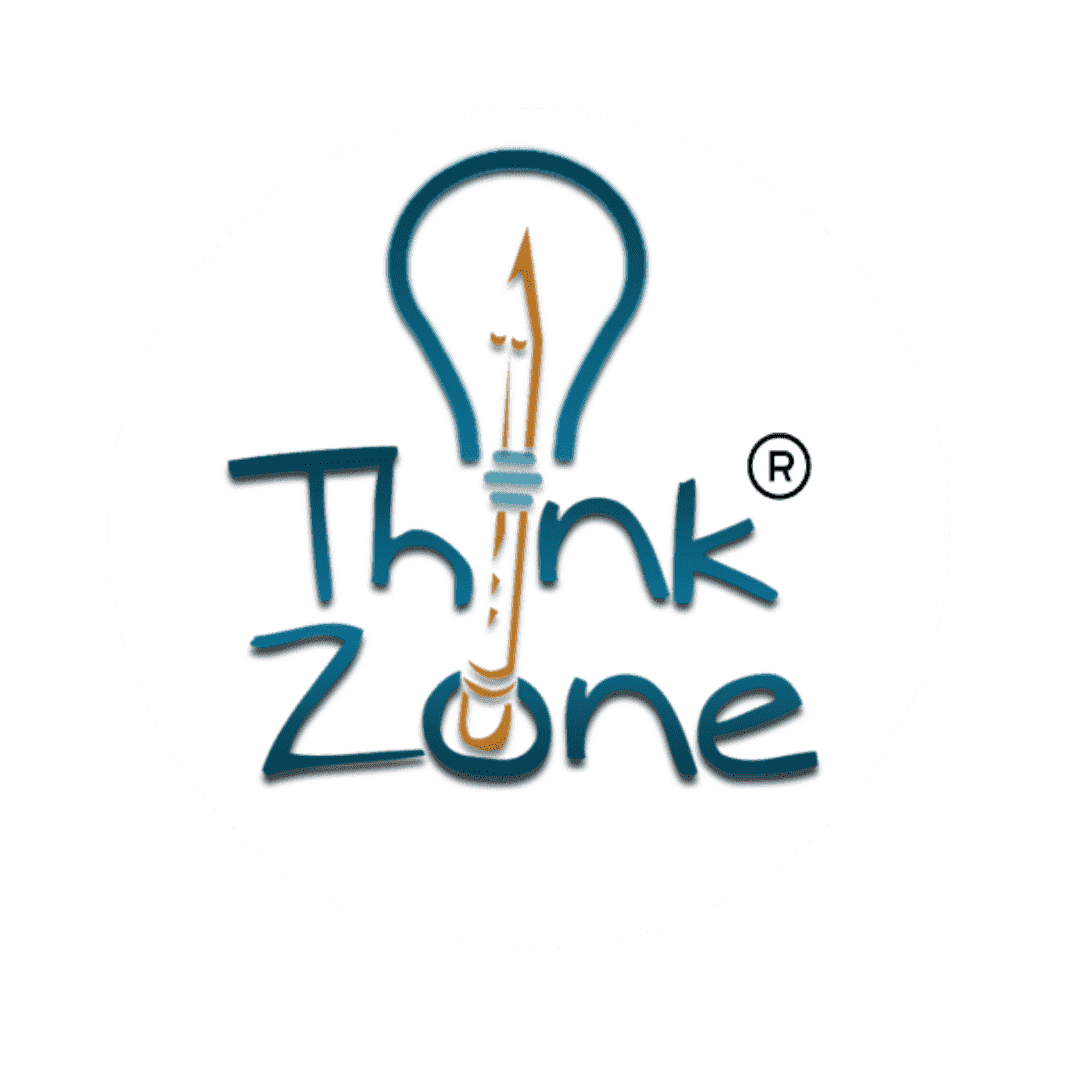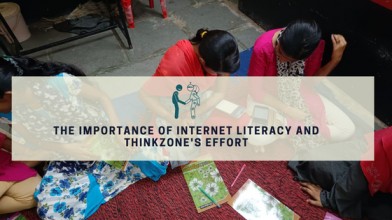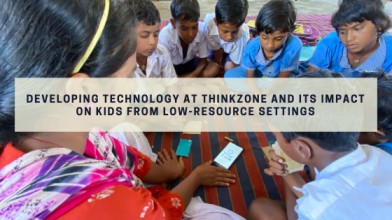EDUCATION CRISIS DUE TO THE PANDEMIC
School closures due to the pandemic have affected more than 320 million students across India (UNESCO, 2020). The estimated loss of lifelong learning for Indian students has been substantial during the pandemic (World Bank, 2020). The pandemic has exposed a massive digital divide within India’s education system since most of the interventions involve internet & smartphones both of which, unfortunately, is out of reach for the majority of the population. In this pandemic situation, the role of parents has increased even more. On an average, consistent parental engagement helps children achieve about four additional months’ progress in a year (EEF, 2019).
For developing countries, the digital learning divide could have adverse long term consequences, and are likely to be most severe for disadvantaged communities. This brings into focus the role of low-tech alternatives and parents’ role in making sure their children get access to some forms of learning.
COVID RESPONSE LEARNING INITIATIVE USING LOW TECH SOLUTIONS
As a direct response to this crisis, ThinkZone is providing education access to early-grade learners from low-income communities by using non-internet based technology. The program ensures education for children without the requirement of smartphones or internet access.
In this program, parents are provided with activity-based learning content through remote instructions by phone and simple text messages along with automated voice calls to engage with children. They are provided with a toll-free number to revisit the content and bi-weekly live phone calls from trained community educators (youth) to provide a walkthrough of these learning activities. These calls average 15-20 minutes in length and provides a direct walkthrough of the learning activities sent via text message and calls.
The user-friendly modules can be understood and implemented by parents regardless of their literacy level.Access to the contents is free of cost for families.It enables parents to work towards developing the language and arithmetic skills of their children. In the entire program, we provided parents with a variety of home-based learning activities, focusing on foundational skills in Odia and Mathematics. The activities are very simple in nature. Also, it takes a maximum of 10-15 minutes to practice an activity.
During the course of the program, children are provided with content after their learning levels are identified. For this, a phone-based baseline assessment has been taken up which would is followed by regular assessments throughout the course of the program. The activity-based content provided is to ensure that parents and children find it fun and engaging. It is also helping children in their curriculum and to develop skills.
We send sensitization messages to parents, highlighting their role in children’s continuous learning and how our home-based education program supports that role. We also encourage parents to set aside a dedicated time of the day to support children’s learning at home.
COLLABORATION
From September 2021, ThinkZone collaborated with MoSchool Abhiyan Parichalana Sangathan of the Department of School & Mass Education, Government of Odisha to take forward the home-based learning program in Cuttack, Bhadrak and Khordha districts in a structured and process-oriented manner.The BEO, CRCCs, school teachers had actively participated with ThinkZone for implementing the home-based learning program. There were regular virtual meetings by MoSchool Abhiyan along with ThinkZone and school officials for discussing the challenges faced during project implementation. The school authorities supported ThinkZone in reaching out to parents during the pandemic.
IMPACT
ThinkZone’s home-based learning program is making sure that 10074 children have been continuously receiving access to quality education for the past one year.
329 young women have been up-skilled via 1960 hours of training in community engagement, pedagogy, usage of technology & learning activities. They have also been provided with part-time income generating opportunities as community educators.
There have been quite a lot of positives in terms of parent and children engagement during the last one year. Some of them are:
- 77% parents received calls and were actively involved in the program
- 81% parents were regularly doing activities with their children
- 79% of children were able to answer questions related to Maths
- 86% of children were able to answer questions related to Odia(language)
- 10921 no of calls were received on the toll-free number
- 9839 hours of learning modules were consumed by parents
There has been significant learning in mother-tongue and mathematics during the pandemic when regular academic sessions have been disrupted. Internal evaluations show:
- 21% increase in Mathematics scores
- 23% increase in Odia(language) scores
The most significant increase has been among students who were at the letter and alphabet identification level. The maximum number of students who were at the ‘number level’ has shifted to the next level which indicates that more students are now able to write numbers and recognize place value. Likewise, the maximum number of students who were at the ‘alphabet identification and write’ level has shifted to the ‘matra’ level, which indicates that now more students are able to understand and write simple words.
INDEPENDENT EVALUATION
To understand the effectiveness of the program, there is an ongoing independent RCT(randomized control trial). The research paper will be submitted very shortly and will also be published in leading academic/research journals.
MEDIA COVERAGE
Our work during the crisis has been extensively covered by international media like Forbes, AlJazeera, Global Voices, Qrius and Asian Entrepreneur.
Several national and state media houses like Times Of India, The Hindu, The New Indian Express, Dharitri, Sambad Odisha, Samaj Odisha, EdTech Review and Orissa Diary. It has also been mentioned by our partners Gray Matters Capital, Unltd India, and International Youth Foundation on their blogs.


